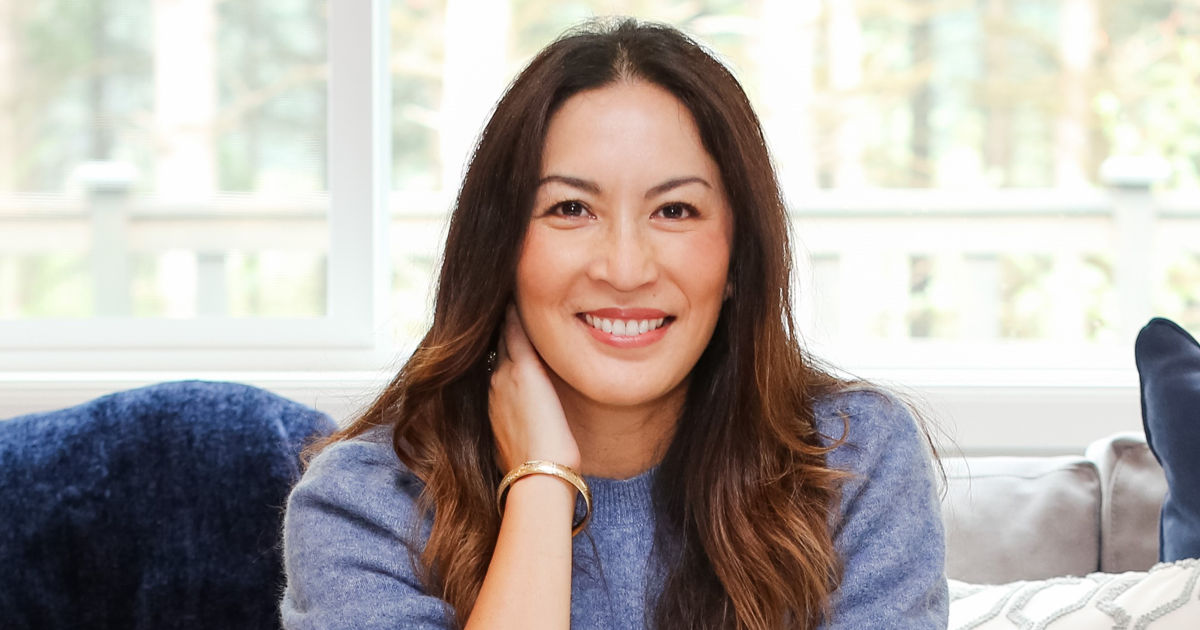Have you ever stopped mid-breath after reading a text?
If yes, then I feel you. Deeply.
Four years ago, I received a text from my dad stating he had a mild heart attack. And at that moment, I felt like the wind was knocked out of me. Thankfully, he recovered well from triple bypass surgery and is a bit more mindful of his food choices.
But that event triggered a series of life-changing events for me.
I began searching the internet, reading books, watching documentaries, and talking to others going through a similar discovery journey.
I made minor adjustments to my lifestyle. Others took notice, and we began having deep lifestyle-related questions, which encouraged me to complete a Master’s degree in Integrative and Functional Nutrition program.
I felt so empowered!
Learning about the simple, small, and holistic integrative changes we can make to increase our quality of life was invaluable, not only for me but also for sharing this information with my loved ones.
Then I began working as a nutritionist with women of color, particularly in the Latinx and Filipinx communities and noticed a pattern of beliefs that many of us have about food and body image.
Many of my clients worried about what people others say about their body weight. Because they were previously greeted at a family event with, “Hi. Oh, you gained/lost weight since I last saw you!”, it made them feel self-conscious.
⠀
Over time, these greetings and conversations about your weight can feel demoralizing, leading to negative body perceptions. ⠀
⠀
You are not alone. About 84% of women in the U.S. are unhappy with their bodies and desire to change them. Body dissatisfaction comes from beauty standards supported by culture, such as pressure to obtain the ‘thin’ ideal. Adopting these ideas can promote body dissatisfaction and disordered eating. ⠀
What is body image dissatisfaction?
A few questions to ask yourself:
- Are there aspects of your physical appearance that you really dislike?
- Do you spend a lot of time worrying about what others think about your looks?
- Do you avoid particular activities or situations because you feel physically self-conscious?
Overcoming body shaming, especially with family members, can be difficult. And although we can’t change people’s opinions and thoughts about us, we can’t worry about what people may say about our body weight.
But, we can change how we think about ourselves.
- Practice self-love: Have compassion for your body as it is today
- Free yourself: Leave the beauty and diet culture standards behind
- Find your value: Seek validation within yourself and not from others
Diet culture in the United States is “pervasive norms that emphasize thinness, control, and restriction around eating and exercise behaviors, and the moralization of how food plays a significant role in contributing to body dissatisfaction” (Faw et al., 2021).
Why does this matter?
Body dissatisfaction is associated with a host of negative health outcomes, such as increased risks of depression and anxiety and lower levels of self-esteem.
If you are ready to break away from diet culture beliefs, reconnect with your cultural foods, and focus more on things that matter to you, I am here to help. If this resonated with you, feel free to reach out. I’d be honored to work with you.
“You define beauty yourself. Society doesn’t define your beauty.” – Lady Gaga
With gratitude,
Tara
Reference:
Faw, M. H., Davidson, K., Hogan, L., & Thomas, K. (2021). Corumination, diet culture, intuitive eating, and body dissatisfaction among young adult women. Personal Relationships, 28(2), 406-426.

